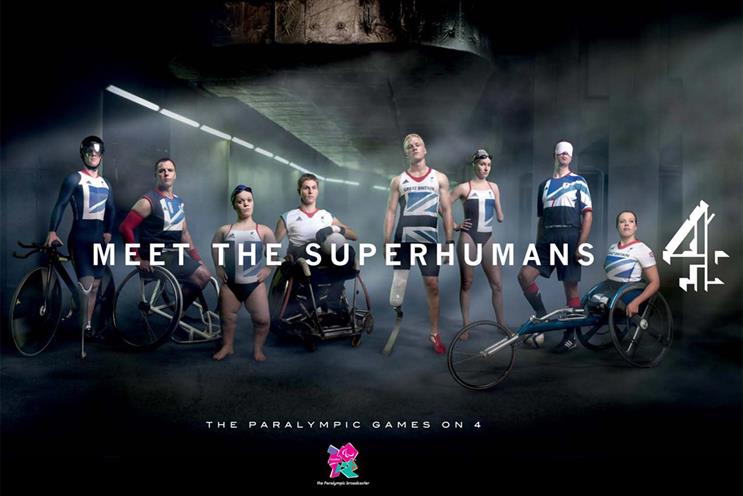John Whittingdale has said the ownership of Channel 4 is "being looked at" but that its special remit, enshrined by an act of parliament, would remain intact. It’s hard to see how that would work in the real world.
Channel 4’s public-service remit requires it to "appeal to the tastes and interests of a culturally diverse society" and "champion alternative points of view". This is the channel that broadcast the first televised lesbian kiss, the first long-running black sitcom, Queer As Folk and the Paralympics.
Channel 4 promotes diversity in three ways: the content it broadcasts, the audience it attracts and the talent it promotes.
A privatised, run-for-profit Channel 4 is not going to commission and air programmes like Dispatches, Sri Lanka’s Killing Fields, Cucumber, Catastrophe and Richard III: The King In The Car Park.
Channel 4 delivers audiences that other TV channels underperform against – specifically 18-34 viewers. Almost 60 per cent of 16- to 34-year-olds in Britain have now registered with All 4, the same as have registered to vote.
In terms of talent and diversity, Channel 4 launched, among many others, the career of Graham Norton and Film4 launched the career of the only ever black winner of the Best Picture Oscar, Steve McQueen.
And its diversity charter contains targets that are even more ambitious than the ones the IPA has set for the ad industry.
Last year, Channel 4 won 北京赛车pk10’s Medium of the Year and Advertiser of the Year. The only possible motivation for the government to sell it off (perish the thought there’s any ideological agenda) is the short-term payday for the cash-strapped Treasury. But even that argument doesn’t stack up.
If we assume that Channel 4’s putative future commercial owners will want a profit margin at least equivalent to ITV’s 28 per cent, that means £280 million will need to come out of Channel 4’s current £1 billion of revenues, almost certainly out of the programming budget that supports the UK’s thriving independent production company sector and delivers the public-service remit. On that basis, we can see that the government would be worse off within the term of a single parliament (not to mention the social and cultural loss we will all suffer).
At a time when diversity has rightly risen to the top of the ad industry’s agenda, we should unite in expressing our support for Channel 4 in its current form as a force for good in Britain’s cultural and commercial life, which costs the taxpayer precisely nothing.
Tom Knox is the chairman of MullenLowe London


